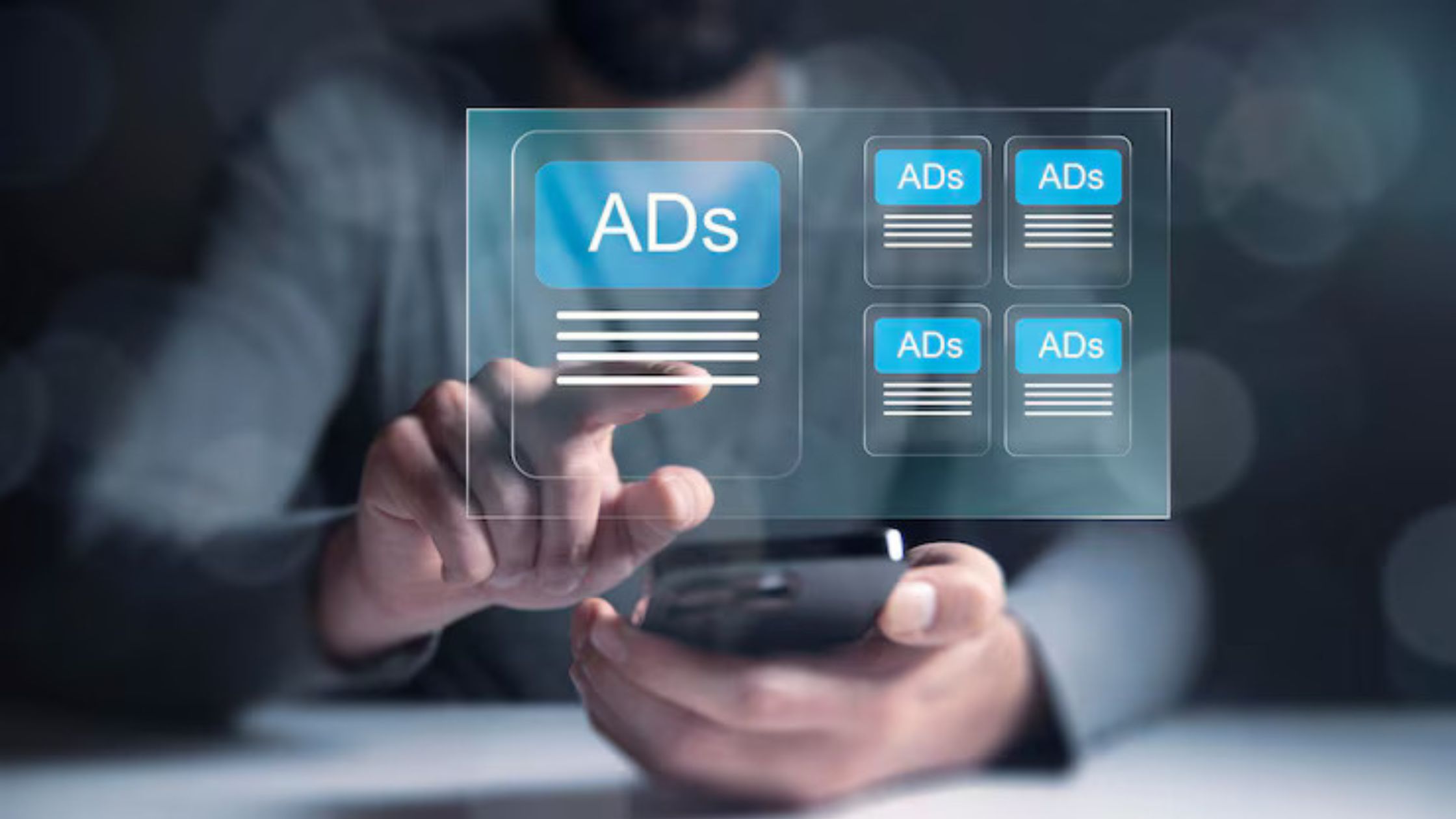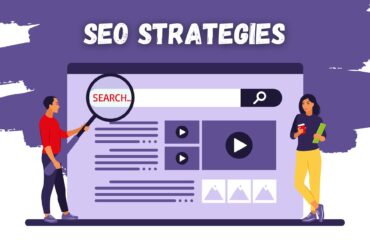
In today’s fast-paced digital landscape, businesses are continuously seeking strategies that can deliver quick and measurable outcomes. Pay-Per-Click (PPC) advertising stands out as one of the most effective methods to achieve immediate visibility and drive targeted traffic to your website. Whether you’re launching a new product, promoting a special offer, or simply looking to boost your online presence, PPC campaigns offer a powerful solution to get your brand in front of the right audience at the right time.
What Is PPC Advertising?
PPC, or Pay-Per-Click advertising, is a digital marketing model where advertisers pay a fee each time one of their ads is clicked. Essentially, it’s a way of buying visits to your site rather than attempting to earn those visits organically. The most popular form of PPC is search engine advertising, where ads are placed in search engine results pages (SERPs) when users search for related keywords.
Google Ads is the most common PPC platform, where businesses bid on keywords relevant to their products or services. When users search for these keywords, the ad may appear at the top or bottom of the SERP, marked as an ad. If the user clicks on the ad, the business pays a predetermined amount, hence the term “pay-per-click.”
Why PPC? The Immediate Impact Of PPC Advertising
One of the most significant advantages of PPC advertising is its ability to deliver immediate results. Unlike SEO, which can take months to show progress, PPC ads can generate traffic and conversions as soon as the campaign goes live. Here’s how PPC advertising can provide instant visibility and targeted traffic:
1. Instant Visibility
PPC campaigns can launch quickly and start delivering results almost immediately. When you set up a PPC ad, your ad can appear in front of potential customers as soon as your campaign is approved. This instant visibility is crucial for businesses looking to make a fast impact, especially in highly competitive markets.
For example, if you’re launching a new product or service, a well-targeted PPC campaign can ensure that your offering reaches your target audience from day one. This visibility is particularly important for startups or businesses looking to establish their brand quickly in the market.
2. Targeted Traffic
PPC allows you to target your ads to specific demographics, locations, devices, and even times of the day. This level of precision ensures that your ads are shown to people who are most likely to be interested in your products or services. By targeting the right audience, you can drive high-quality traffic to your website, increasing the likelihood of conversions.
Moreover, PPC platforms like Google Ads and Facebook Ads offer advanced targeting options, such as retargeting, which allows you to show ads to people who have previously visited your website. This can help you recapture potential customers who may have left your site without converting.
3. Measurable Results
One of the key benefits of PPC advertising is the ability to measure the effectiveness of your campaigns in real time. With tools like Google Analytics, you can track the number of clicks, impressions, conversions, and even the return on investment (ROI) of your PPC campaigns.
This level of transparency allows you to make data-driven decisions and optimize your campaigns for better performance. If a particular ad is not performing well, you can quickly adjust your strategy, refine your targeting, or change your ad copy to improve results. This ability to tweak campaigns on the fly ensures that your marketing budget is spent efficiently.
How To Create A Successful PPC Campaign
While PPC advertising offers many benefits, creating a successful campaign requires careful planning and execution. Here’s a step-by-step guide to help you set up and manage a successful PPC campaign:
1. Define Your Goals
Before you start your PPC campaign, it’s essential to define what you want to achieve. Are you looking to drive more traffic to your website, generate leads, increase sales, or build brand awareness? Clearly defining your goals will help you create a more focused and effective campaign.
For instance, if your goal is to generate leads, you might focus on creating ads that offer a free trial, eBook, or consultation. On the other hand, if your goal is to increase sales, you might create ads that promote special discounts or limited-time offers.
2. Conduct Keyword Research
Keyword research is a critical component of any PPC campaign. The success of your campaign largely depends on the keywords you choose to target. Use tools like Google Keyword Planner, SEMrush, or Ahrefs to identify high-volume, low-competition keywords relevant to your business.
When conducting keyword research, consider both short-tail and long-tail keywords. While short-tail keywords (e.g., “shoes”) have higher search volumes, they are often more competitive and expensive. Long-tail keywords (e.g., “women’s running shoes”) are more specific, have lower search volumes, but tend to attract more qualified leads.
3. Create Compelling Ad Copy
Your ad copy plays a crucial role in attracting clicks and driving conversions. To create compelling ad copy, focus on highlighting the benefits of your product or service and include a clear call-to-action (CTA). Use language that resonates with your target audience and addresses their pain points.
For example, instead of saying, “Buy our product now,” you might say, “Get 20% off on your first purchase!” This type of ad copy not only attracts attention but also provides an incentive for users to click on your ad.
4. Set A Budget And Bidding Strategy
PPC platforms allow you to set a daily or monthly budget for your campaigns. It’s essential to determine how much you’re willing to spend and choose a bidding strategy that aligns with your goals. Common bidding strategies include:
- Cost-Per-Click (CPC): You pay each time someone clicks on your ad.
- Cost-Per-Impression (CPM): You pay for every 1,000 impressions (views) of your ad.
- Cost-Per-Acquisition (CPA): You pay only when someone takes a specific action, such as making a purchase or filling out a form.
Choose a bidding strategy that aligns with your goals and budget. For instance, if your goal is to drive traffic to your website, CPC might be the best option. If you’re looking to build brand awareness, CPM might be more suitable.
5. Optimize Your Landing Pages
The effectiveness of your PPC campaign doesn’t end with a click. The landing page your visitors arrive at plays a significant role in converting those clicks into leads or sales. Ensure that your landing pages are optimized for conversions by:
- Ensuring Relevance: Your landing page should match the intent of the ad. If your ad promotes a discount, the landing page should prominently display that discount.
- Clear CTA: Include a clear and compelling call-to-action that guides the visitor on what to do next, whether it’s signing up for a newsletter, making a purchase, or downloading an eBook.
- Mobile Optimization: With a significant amount of traffic coming from mobile devices, ensure that your landing pages are mobile-friendly and load quickly.
6. Monitor And Adjust Your Campaign
Once your PPC campaign is live, it’s crucial to monitor its performance regularly. Use analytics tools to track key metrics such as click-through rates (CTR), conversion rates, and ROI. Analyzing this data will help you identify what’s working and what’s not, allowing you to make informed adjustments to your campaign.
For example, if you notice that a particular keyword is driving a lot of traffic but not converting, you might consider pausing that keyword or refining your ad copy. Continuous monitoring and optimization are key to maintaining a successful PPC campaign.
Common PPC Mistakes To Avoid
While PPC advertising can be highly effective, it’s also easy to make mistakes that can cost you time and money. Here are some common PPC mistakes to avoid:
1. Ignoring Negative Keywords
Negative keywords are terms that you don’t want your ads to appear for. For example, if you’re selling premium shoes, you might want to add “cheap” as a negative keyword to avoid attracting users looking for budget options. Ignoring negative keywords can lead to wasted ad spend and lower ROI.
2. Setting And Forgetting Campaigns
PPC campaigns require regular monitoring and adjustments. Setting up a campaign and forgetting about it can lead to missed opportunities and wasted budget. Make it a habit to review your campaigns regularly and make necessary adjustments to improve performance.
3. Not Testing Ad Variations
Testing different versions of your ad copy, headlines, and CTAs can help you identify what resonates best with your audience. A/B testing is a powerful way to optimize your ads for better performance. Not testing ad variations can result in suboptimal results.
4. Overlooking Mobile Users
With an increasing number of users browsing and shopping on mobile devices, it’s essential to ensure that your ads and landing pages are optimized for mobile. Overlooking mobile users can lead to a poor user experience and missed conversions.
5. Focusing Solely On Clicks
While clicks are an important metric, they don’t always translate to conversions. It’s essential to focus on the quality of traffic rather than just the quantity. Analyzing conversion data will help you understand the true effectiveness of your PPC campaigns.
The Future Of PPC Advertising
As digital marketing continues to evolve, so does the landscape of PPC advertising. Here are some trends and innovations shaping the future of PPC:
1. Automation And AI
Automation and artificial intelligence (AI) are playing an increasingly significant role in PPC advertising. Platforms like Google Ads offer automated bidding strategies that use machine learning to optimize bids for better performance. AI-powered tools can also help with keyword research, ad creation, and campaign management, making PPC advertising more efficient and effective.
For instance, AI can analyze vast amounts of data to predict which keywords will perform best, determine the optimal time to display ads, and even suggest changes to ad copy to improve click-through rates (CTR) and conversions. As these technologies continue to advance, businesses that leverage AI and automation in their PPC strategies will have a competitive edge.
2. Voice Search And PPC
With the growing adoption of voice-activated devices like Amazon Alexa, Google Assistant, and Apple’s Siri, voice search is becoming a significant factor in digital marketing. Voice searches tend to be more conversational and longer than text-based searches, which means that PPC strategies will need to adapt to target these queries effectively.
To capitalize on this trend, consider incorporating long-tail keywords and natural language phrases into your PPC campaigns. Additionally, optimizing your website and landing pages for voice search can improve your chances of appearing in voice search results, further enhancing the effectiveness of your PPC efforts.
3. Visual And Video PPC Ads
The demand for visual content, including images and videos, is on the rise. Platforms like Google Ads and Facebook Ads now offer options for visual and video PPC ads, which can be more engaging and memorable than traditional text ads.
Video ads, in particular, are highly effective at capturing attention and conveying complex messages in a short amount of time. They can be used to showcase product demonstrations, customer testimonials, or brand stories, helping to build trust and encourage conversions.
4. The Rise Of Social Media PPC
Social media platforms like Facebook, Instagram, LinkedIn, and Twitter have become powerful PPC channels, offering businesses the ability to target users based on their interests, behaviors, and demographics. Social media PPC ads can appear in users’ feeds, stories, and even as sponsored messages, making them highly visible and engaging.
As social media continues to dominate online interactions, incorporating social media PPC into your digital marketing strategy can help you reach a broader audience and drive more targeted traffic to your website.
5. Privacy And Data Regulations
With increasing concerns about privacy and data security, regulations like the General Data Protection Regulation (GDPR) in Europe and the California Consumer Privacy Act (CCPA) in the U.S. have significantly impacted how businesses can collect and use consumer data for PPC advertising. These regulations require businesses to be more transparent about data collection and give consumers more control over their personal information.
As privacy regulations continue to evolve, businesses will need to adapt their PPC strategies to comply with these laws while still delivering personalized and effective ads. This may involve using first-party data, focusing on consent-driven marketing, and being more transparent about how data is used.
Conclusion: Why PPC Is Essential For Your Business
In a world where consumers are constantly bombarded with information, PPC advertising offers a way to cut through the noise and reach your target audience with precision and speed. Whether you’re a small business looking to establish a presence or a large enterprise aiming to dominate the market, PPC can provide the immediate results and targeted traffic you need to achieve your goals.
By understanding the fundamentals of PPC, setting clear objectives, conducting thorough keyword research, crafting compelling ad copy, and continuously optimizing your campaigns, you can maximize the effectiveness of your PPC efforts. As digital marketing continues to evolve, staying ahead of trends like automation, voice search, and privacy regulations will be crucial for maintaining a competitive edge.
Remember, while PPC can deliver quick results, it’s not a set-it-and-forget-it solution. Regular monitoring, testing, and optimization are essential to ensuring that your campaigns continue to perform well and deliver a strong return on investment.
If you’re ready to harness the power of PPC advertising for your business, now is the time to start. By partnering with a knowledgeable and experienced digital marketing team, you can create and manage PPC campaigns that drive meaningful results and help your business grow.
Boost Your Traffic Today With PPC Advertising!
Ready to see immediate results and drive targeted traffic to your website? Discover how PPC advertising can transform your online presence. Visit AlgoRythm Solutions to start your journey toward instant visibility today!


